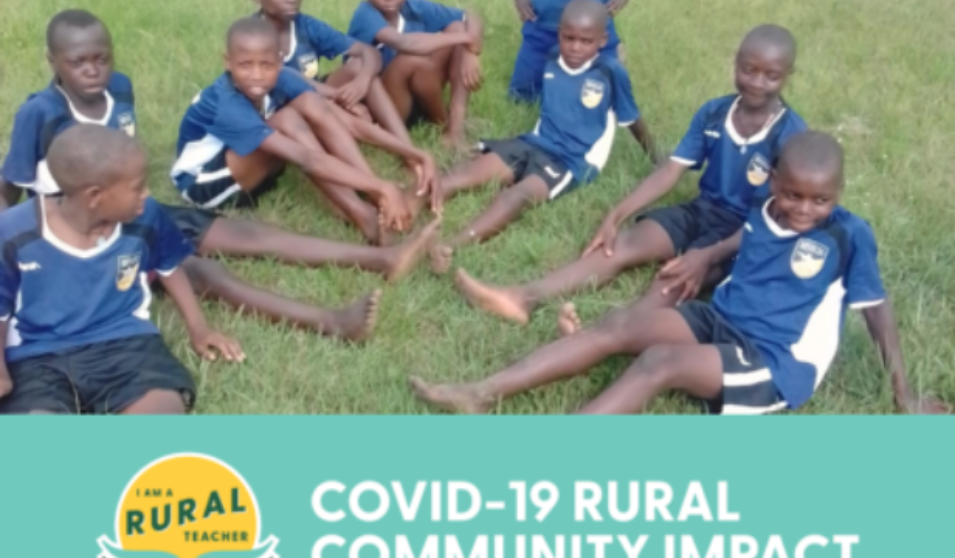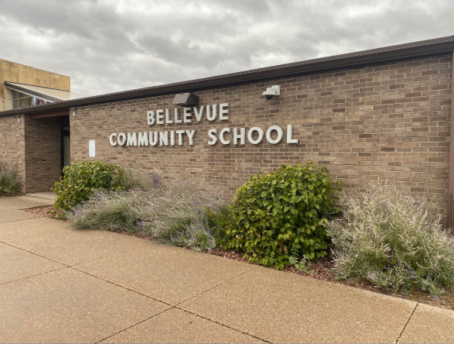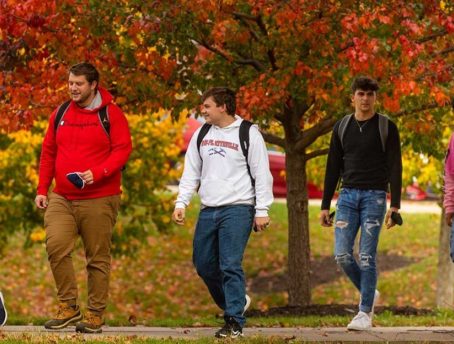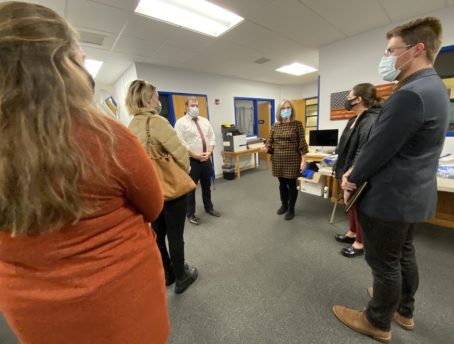At IAART, we mostly share stories of rural America, but here we have a special perspective from Mannya, Uganda. Mugalula Fredrick, a Ugandan rural teacher, shares about livelihoods under COVID-19 in Mannya village. If you have a story about how COVID-19 has impacted your rural community and schools, you can submit it here: bit.ly/iaartcovid
“Pupils have no access to lunches and lack broadband to access the internet at their homes because of the closure of all primary schools on 18th March, 2020,” Fredrick writes.
According to an article from Twaweza shared with IAART by Fredrick, spending is also down among households with children.
“On average, Ugandans report that their households spend UGX 10,800 per day, down from UGX 14,100 in January of this year. The drop has been sharper in rural areas (from UGX 14,600 to UGX 10,300) than urban (UGX 13,100 to UGX 12,300). Despite this, more households find their income does not meet their daily needs now compared to January (26% compared to 22% previously).”
These numbers are equivalent to a drop from 3.81 to 2.92 USD in general, with rural dropping from 3.95 to 2.79 USD and urban dropping from 3.54 to 3.33 USD.
“These findings were released by the Food Rights Alliance and Twaweza in a factsheet entitled Livelihoods under COVID-19: #1 Livelihoods and inequality,” the article says. “The factsheet is the first in a three part series of impact assessments based on data from Sauti za Wananchi, Africa’s first nationally representative high-frequency mobile phone survey. The findings are based on data collected from 1,600 respondents across Uganda in May and June 2020.”
It is clear that livelihoods are changing due to COVID-19, but Ugandans are hesitant to reach out for help.
“Despite these increased pressures, when asked who they would turn to for help if there was not enough money, 3 out of 8 parents said they would not ask for help, compared to 2 out of 8 who said the same in January,” says the article. “Among the rest who are more willing to ask for help, fewer of them would ask friends and more would seek help from family compared to January of this year.”
Despite this hesitancy, “asking family and friends for money...is becoming slightly more common” as COVID-19 impacts communities, according to the article. “Compared to January 2020, fewer parents are cutting expenditure (37% in January 2020 to 26% in May/June), getting items of credit (22% to 19%) and borrowing money (16% to 14%) to keep their children at home.”
As mentioned above, these issues disproportionately affect rural communities.
“Overall, 1 out of 10 parents have received support in the last two months from government, NGOs, or other actors,” states the Twaweza article. “Urban households are three times more likely to receive support than rural homes (24% versus 7%), which is in line with the government’s mitigation strategy for the economic effect of COVID-19.”
Fredrick shares this information to demonstrate how his own community could use some help.
“Parents in my rural setting are in need of some additional support,” he says.
While we are seeing massive unemployment in America, many Ugandans are still working in some way.
“Thus far during the COVID-19 pandemic, most rural parents and their children are continuing to do some form of work,” says the Twaweza article. “Only 1 out of 7 reported that they had not done even an hour of work during the previous week.”
These numbers are also disparate in urban and rural areas.
“In urban areas 1 out of 5 did not do any work while in rural areas 1 out of 10 did not,” the article states. “Among those who did not do any work, half of them say they do not have any work to return to following the lockdown against COVID-19.”
There has also been a significant change in how businesses are operating.
“On the side of businesses, a significant 4 out of 10 (41%) are no longer operating because of the lock-down or due to other Covid-19 mitigation and management measures,” says the article.
You can view the article referenced here: https://twaweza.org/index.php?i=1832
You can view the factsheet referenced here: https://twaweza.org/uploads/files/LivelihoodsUnderCorona_factsheet1%20_FINAL.pdf




